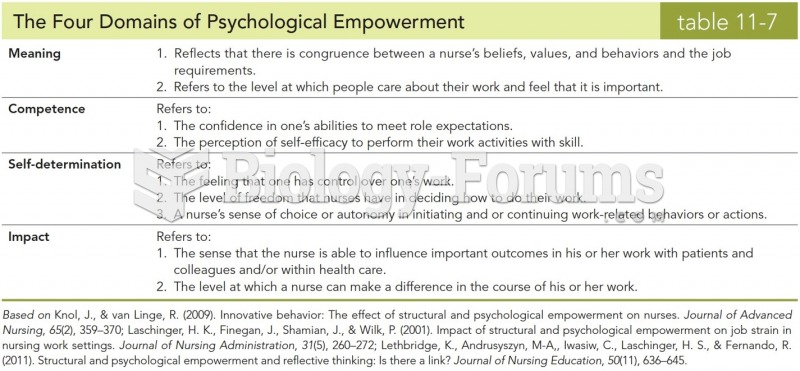Answer to Question 1
- Psychological egoism: The view that we are compelled by our psychological makeup always to pursue our self-interest above all else.
- Rachels pointed out that these confusions are false:
- Confusion 1: The idea that selfishness means the same thing as self-interest.
- Confusion 2: The idea that every action is done either from self-interest or from other-regarding motives.
- Confusion 3: The idea that a concern for one's own welfare is incompatible with any genuine concern for the welfare of others.
Answer to Question 2
- Ethical egoism: The view that we act morally when we pursue our own self-interest, that the highest moral value for all humans is to pursue their own happiness.
- According to Nietzsche, people who are weak fear and envy the strong individualists and resent their independence, their passion, their creative visions. Parasitic second-handers constrain the strong individualists by creating a perverse system of morality that villainizes the true individual and celebrates the weak altruist devoted to self-sacrifice. The pursuit of self-interest is branded as selfishness, whereas the unnatural denial of self-interest is considered to be a saintly virtue.
- According to Rand, t is our moral duty to pursue our own rational self-interest. The virtue of altruism that traditional ethical theories and religions recommend is actually a vice, because it encourages people not to pursue their own self-interest as their top priority. According to Rand, the self-sacrifice associated with altruism discourages us from fulfilling our greatest potential. She claimed that pursuing your self-interest means creating a value system that is not destructive to yourself, nor is it destructive to others.







